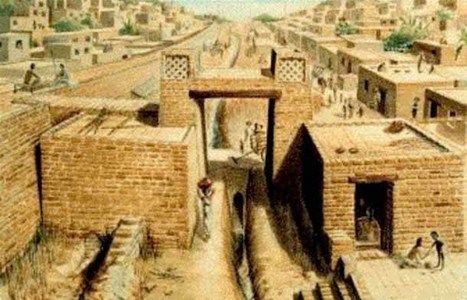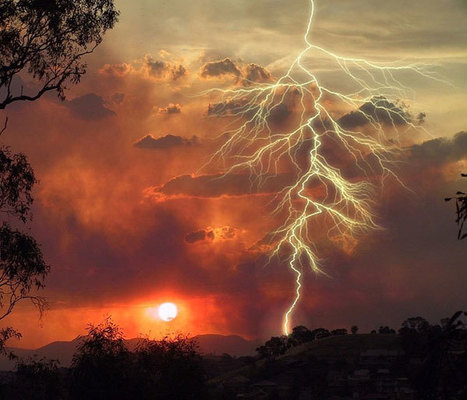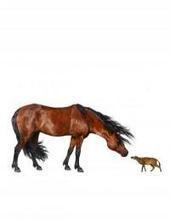Fifty-five million years ago, a sudden, enormous influx of carbon
flooded the ocean and atmosphere for reasons that are still unclear to
scientists. What is clear is that as atmospheric CO2 content increased,
the average global surface temperature rose 5°C to 9°C (9°F to 16°F).
The Paleocene-Eocene Thermal Maximum (PETM), as this global warming event is known, lasted upwards of 170,000 years and had dramatic impact on living things both on land and in oceans. In this feature, a team of paleontologists, paleobotanists, soil scientists, and other researchers take to the field in Wyoming's Bighorn Basin to document how the climate, plants, and animals there changed during the PETM. Their work will help predict how our current global warming event could affect life on Earth.
Research and publish the best content.
Get Started for FREE
Sign up with Facebook Sign up with X
I don't have a Facebook or a X account
Already have an account: Login

 Your new post is loading... Your new post is loading...
 Your new post is loading... Your new post is loading...
|
|




![[VIDEO] Watch 131 Years of Global Warming in 26 Seconds | Science News | Scoop.it](https://img.scoop.it/JkrmXeCYCgk2WYVuURgXZTl72eJkfbmt4t8yenImKBVvK0kTmF0xjctABnaLJIm9)

















